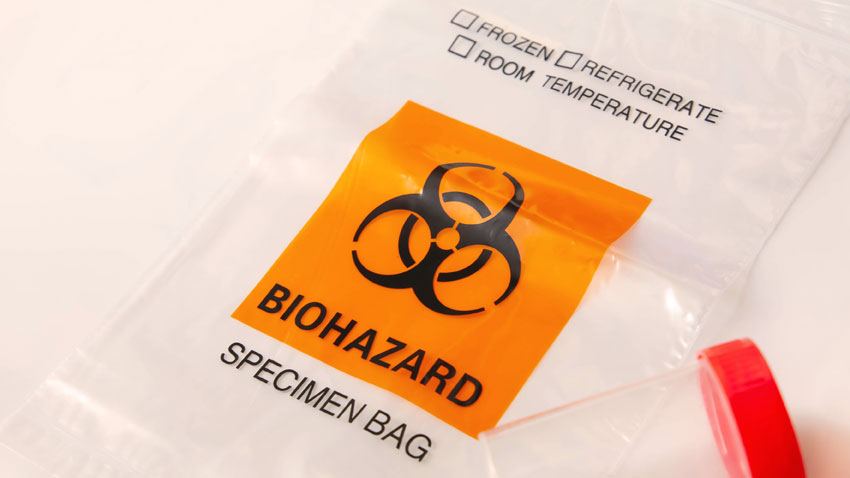Dezzi, shown wearing a scarf that says, “I’m a fighter,” presented with oral malignant melanoma and received cytokine therapy.
Tim Fan, DVM, PhD, DACVIM (Oncology; Small Animal Internal Medicine)
To reduce cancer-related deaths in pets, forward-thinking investigations are needed to develop novel therapeutics. Intensive research efforts have been focused on exploiting the host’s immune response against cancer cells, a field of study known as tumor immunotherapy.
The veterinary medical healthcare industry has explored and subsequently commercialized only a few immune-stimulating vaccine strategies for the treatment of cancer, including Oncept™ (canine melanoma) and ECI® (ELIAS cancer immunotherapy for osteosarcoma).
Even though these treatment options are now on the market, it is well recognized in both people and pets that about one-quarter of patients treated for aggressive cancers, such as melanoma and osteosarcoma, will derive robust and durable benefit from existing cancer vaccine strategies.
Given these existing limitations, there is clinical need to further discovery and develop newer and more effective immune-stimulating strategies to help the fight against cancer in pet dogs and cats.
Immunotherapy Trials at Illinois
Strategies that directly stimulate the immune system against cancer cells include tumor vaccines and cytokine therapies. Cytokines are small proteins released by immune cells to create inflammation and activate T lymphocytes to recognize and kill cancer cells. At the University of Illinois, the Cancer Care Clinic is actively using cytokines, either alone or with radiation therapy, to boost T lymphocyte immune responses against the deadliest forms of cancer, specifically oral malignant melanoma and appendicular osteosarcoma.
Importantly, the treatment protocols being tested are intended to help pet dogs live longer. We hope the most promising strategies can be advanced toward improving outcomes in people affected with the same types of cancer.
A list of novel immunotherapeutic approaches being evaluated or soon to be launched are in Table 1.

While results from these clinical trials are still being generated, some patients have achieved outstanding clinical responses for prolonged durations approaching 1 year following treatment with cytokine therapies. The photos show our patient Dezzi, who had oral malignant melanoma. Compare the lesion between Day 1 and Day 336.
More Clinical Trials

Other active or soon to be launched clinical trials include:
- Canine lymphoma with new oral and intravenous therapies
- Stereotactic radiation therapy for oral malignant melanoma and feline squamous cell carcinoma
- Transarterial chemoembolization for canine hepatocellular carcinoma
- Oral therapies for canine metastatic insulinoma
For more information, contact Rebecca Kamerer (rmoss81@illinois.edu or 217300-6453).




